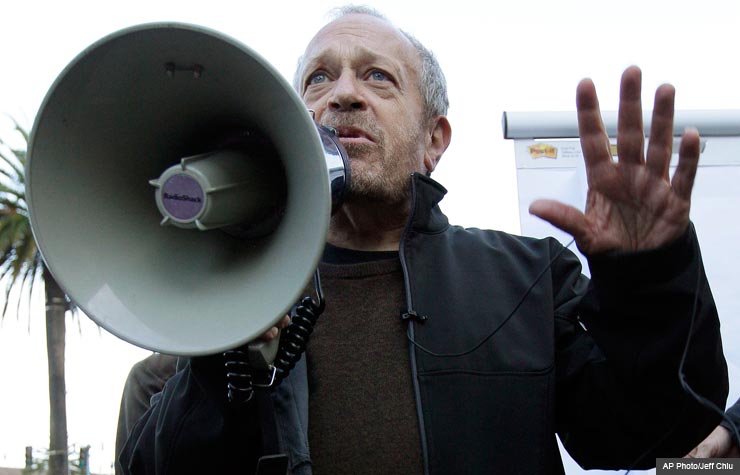Staying Fit


The documentary Inequality for All is often described as the Inconvenient Truth of the economy.
Like Al Gore's Oscar-winning climate-change flick, it's an improbably entertaining film that's based on a lecture by a former Clinton administration official.


AARP Membership— $12 for your first year when you sign up for Automatic Renewal
Get instant access to members-only products and hundreds of discounts, a free second membership, and a subscription to AARP the Magazine.
Here, it's Robert Reich, the U.S. secretary of labor from 1993 to 1997, warning about another potential cataclysm: the growing gap between America's richest and poorest citizens, which is among the highest in the developed world.
Reich, a political economist who is now a professor of public policy at the University of California, Berkeley, spoke with AARP Radio's Mike Cuthbert about why too much money at the top is a problem for everyone. Following are excerpts from the interview.
Q: Why should we worry about income inequality?
A: The middle class is shrinking in America. Most of the gains have gone to the very top. This is not about class warfare: I tell people, even wealthy people, that they'd do better with a smaller share of a rapidly growing economy than a large share of an economy that's barely growing.
Q: But corporate profits are at record highs. Where's that money going?
A: It's going to buying back stock to prop up share prices, or into expanding production abroad, where there are new consumers. Companies aren't using their profits to build capacity in the United States.
Q: Why is this so hard to address?
A: In the last 150 years, every time we got to a point of inequality close to what we have now, reformers stepped in to save capitalism from its own excesses. Today we're so wrapped up in divisive politics that we may lose sight of the big issue that should unite us all — making sure our economy is working for everybody, not just a few.
Listen to the full conversation by using the audio player above.

































































More on money
Your Phone Can Be a Credit Card, Too
You can also store loyalty cards, boarding passes and concert tickets